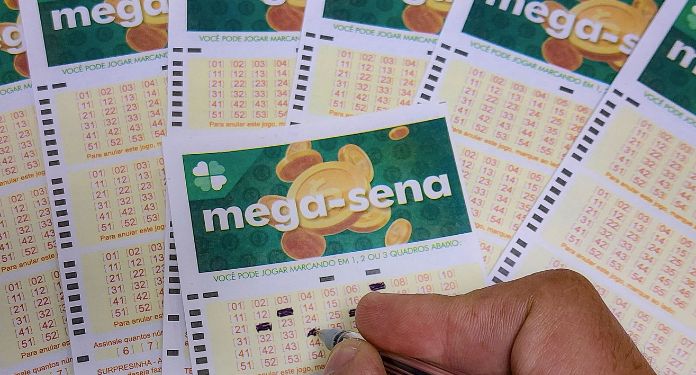The sports betting scenario in Brazil is about to experience a tax revolution, according to new legislation sanctioned by President Luiz Inácio Lula da Silva in 2023.
The fixed rate is 12% on the revenue from bets, minus prizes. Thus, the betting niche is ahead of sectors such as cigarettes, alcoholic beverages and traditional lotteries, such as Mega-Sena.
Taxation planned for sports betting was 30%
The measure taken by the government and National Congress reveals a model that favors state regulation and revenue, without discouraging the growing activity of sports betting.
When compared internationally, the tax burden on bettors is in line with the average in other countries. But, on the other hand, companies that offer this service may face higher revenue taxation than other sectors.
The high taxation of cigarettes and beverages has a declared objective of discouraging consumption, although it also ends up providing significant revenue gains.
Initially proposed at 18% and 30%, the rates were adjusted to 12%, for revenue from bookmakers, and 15% Income Tax on prizes for bettors.
This decision, compared to the 30% incident to the Mega-Sena prize, highlights a choice that could generate questions in different sectors of society.
Companies operating in the sports betting industry may face the following taxes:
- Tax on revenue
- Taxation of profit with IRPJ/CSLL
- PIS/Cofins
- Possibility of charging ISS by municipalities
“The approach is clearly different. While the government uses, or tries to use, the IPI as an inhibitor of the consumption of certain products, the idea of taxing bets, both on them [companies] and on bettors, is precisely to take advantage of the growth of this market” , says Fabio Lunardini, tax specialist at Peixoto & Cury Advogados.
The international comparison shows that Brazil adopts an intermediate position in relation to the taxation of sports betting. The 15% Personal Income Tax rate on earnings is lower than in the United States (25%).
Companies are interested in becoming legal
Maria Andréia dos Santos, partner in the tax area at Machado Associados, highlights the possibility of including betting in the Selective Tax from 2027, due to the potential damage to health in cases of addiction, according to the constitutional amendment of the tax reform.
But regarding corporate taxation, the GGR (Gross Gaming Revenue) modality, approved in Brazil, establishes a rate of 12%, in line with other countries such as the United Kingdom, Spain, Denmark and Belgium. In these countries the tax varies from 5% to 25%.
However, this burden, added to other taxes, places Brazil in a position of higher taxation compared to other countries that adopt similar models.
Vinicius Pimenta Seixas, from Pinheiro Neto Advogados, highlights: “Companies will be interested in operating legally in the country. Instead of operating entirely from abroad, so as not to suffer any type of restriction in their operation.”
“If I am a company within the legal limits that the legislation allows, I can have the presence to sponsor football clubs, advertise with famous people. Therefore, I have the possibility of reaching a much larger market and gaining much more scale in Brazil.”
Therefore, the new panorama of sports betting in Brazil promises a balanced game between taxation and market incentives. The country officially enters as a relevant player in this international scenario.















